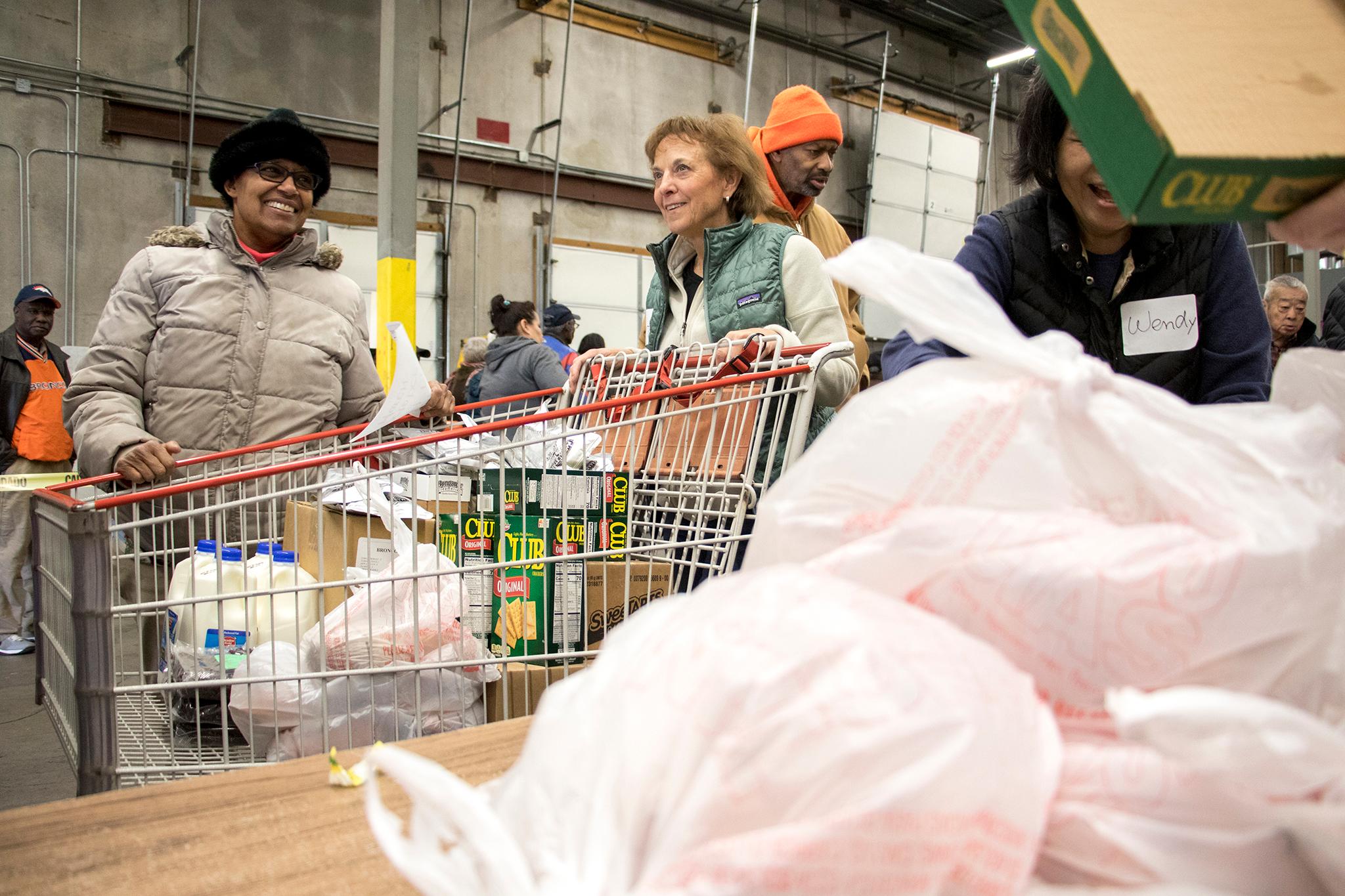Denver residents are increasingly anxious about the cost of living. They worry about affording food, shelter, and health care and whether they have a future in Colorado.
More than 70 percent of Denverites fear they can’t afford to stay in Colorado. As for their kids? Nine in ten parents think their children won’t be able to afford life in the state.
That's according to the Colorado Health Foundation’s annual Pulse Poll.
In June, the Democratic firm FM3 Research and Republican firm New Bridge Strategy surveyed 2,404 Coloradans through text, phone and email. They broke down results by demographics and region.
“When we do the poll, we interview everybody,” said Dave Metz.
Participants cross regions and span political parties and racial and socio-economic groups. The pollsters survey a mix of registered voters and non-voters. The poll’s margin of error is roughly 3 percent.
The interviewees' identities reflect that of Colorado's overall population, though African Americans, Asian American and Pacific Islanders, and Native Americans are oversampled.
The goal, said Metz: "To make sure that we really do have a good picture of what all Coloradans say.”
As of June, Denver's cost of living, inflation and housing prices were residents’ top concerns.
Nearly 90 percent of residents view the cost of housing as a significant concern, up from less than 70 percent in August 2020.
These days, four out of five people view homelessness as a major problem, even as the city has spent more money than ever looking for solutions.
The majority of Native American and Indigenous people fear they will lose their homes, as do 46 percent of African Americans and 43 percent of Latinos.
Renters are more likely than homeowners to be housing insecure. Their dreams of a better future are in short supply.
- Are you worried about being able to afford to live in Denver? Email reporter Kyle Harris to share your experience.
The majority of renters want to own a home someday. Fewer than two in five think that’s likely.
While households making under $50,000 a year are most likely to worry about losing their housing, they are not alone.
"Even the wealthiest households, those with incomes over $150,000 per year, almost one in five are worried about losing their housing over the course of the coming year," Metz said.
Denver residents have big ideas about fixing the cost of living problem.
A vast majority of Denverites want higher-paying jobs in the community.
Most hope for better access to professional training and support in managing debt and improving their credit.
More than 40 percent view access to affordable childcare and reduced discrimination and bias in hiring as key affordability fixes.
Nearly 30 percent of people think streamlining regulations, speeding up building permit approval times, and changing zoning are the top ways to fix housing affordability.
Slightly fewer want to see the state cap rent increases on current tenants, though 44 percent of renters still favor these policies.
A quarter of residents want the government to encourage landlords and builders to create more income-restricted housing units.
What's next?
The Colorado Health Foundation will publish the full results of the Pulse Poll in August.
Staff from the foundation will offer multiple presentations of the data to policymakers working to respond to the big challenges facing residents statewide.
"Pulse for us is about listening and hearing from people outside of our own circles to gain a greater understanding of what Coloradans are experiencing in their day-to-day life," said Kyle Rojas Legleiter, senior director of policy advocacy for the Colorado Health Foundation.
The hope is that the real issues facing people statewide and their vision of a better future will inform policy decisions.
Correction: An earlier version of this story misidentified Dave Metz .












